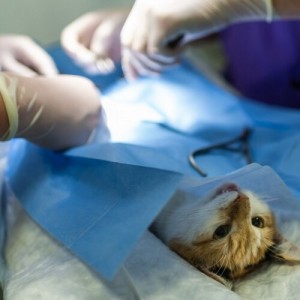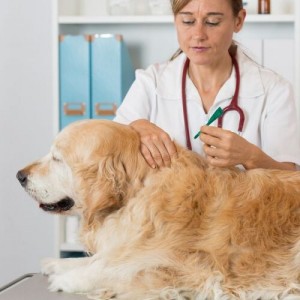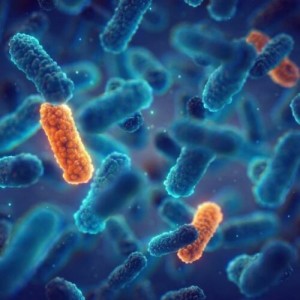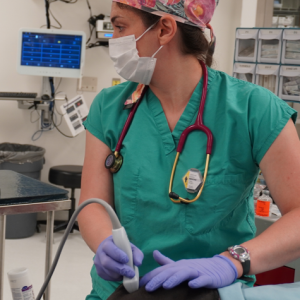How is the cellular response that prevents pigs from COVID-19
Why don't pigs get sick when exposed to the coronavirus? Scientists at Iowa State University may have discovered an important clue that sheds light on it.
There have been studies indicating that pigs can become infected with the coronavirus if exposed to high doses, but the infection is self-limited and the animals do not show clinical signs of disease or transmit the virus. Rahul Nelli, research assistant professor of veterinary diagnostics and production animal medicine, and Luis Giménez-Lirola, associate professor of veterinary diagnostics and production animal medicine, wondered why, and have published their findings in the journal Cell Death Discovery. Their findings could potentially lead to new ways to treat humans who contract COVID-19.
Nelli and Giménez-Lirola have studied how coronaviruses affect pigs for years, developing models that allowed them to look in detail at how viruses infect pigs and how their cells respond to fight infection. For the latest experiments, they introduced the virus into cultured human and porcine respiratory epithelial cells, which line most of the respiratory tract. They found that pig cells underwent apoptosis, or controlled cell death, in response to infection at a higher rate than human epithelial cells.
Fragmentation of cell nuclei
"Upon microscopic examination there was an interesting phenomenon within the cells," explains Nelli. "Infected pig cell nuclei were beginning to fragment, but this was not the case in uninfected pig cells." That nucleus fragmentation is a telltale sign of apoptosis, which may be key in helping pigs avoid symptoms after exposure to SARS-CoV-2.
Triggering apoptosis early in infection essentially causes minimal tissue damage and limits viral replication, thus limiting severe disease. Human cells can also undergo apoptosis in response to coronavirus infection, but the study found that human cells do so much less frequently than pig cells. Pig cells are about 100 times more likely to undergo apoptosis than human cells, according to the study.
Human cells are more prone to necrosis, another form of cell death that is less controlled than apoptosis. During necrosis, the contents of a cell are released into the surrounding space, causing a strong hyperimmune response that is not triggered during apoptosis.
The researchers speculate that a large-scale apoptotic response is helpful in staving off disease because it kills infected cells rapidly without overreacting to the immune system, whereas large-scale necrosis and the resulting hyperimmune response is less favorable for host cells.
"We don't want to conclude too much, but this response is probably something intrinsic to the pig's immune system, which is innate and not acquired," says Giménez-Lirola. "The idea is to kill the virus subtly but quickly enough that it doesn't trigger an excessive immune response."
The researchers commented that further study could lead to therapies designed to trigger apoptosis in human cells, allowing people infected with the coronavirus to avoid severe symptoms. The next step for the research team is to identify all the genes activated during the infectious process and compare them with other animal species in which those genes are present. That could give them more clues about how and why other animals, such as deer, can carry the virus without suffering symptoms of illness.








List
Add
Please enter a comment